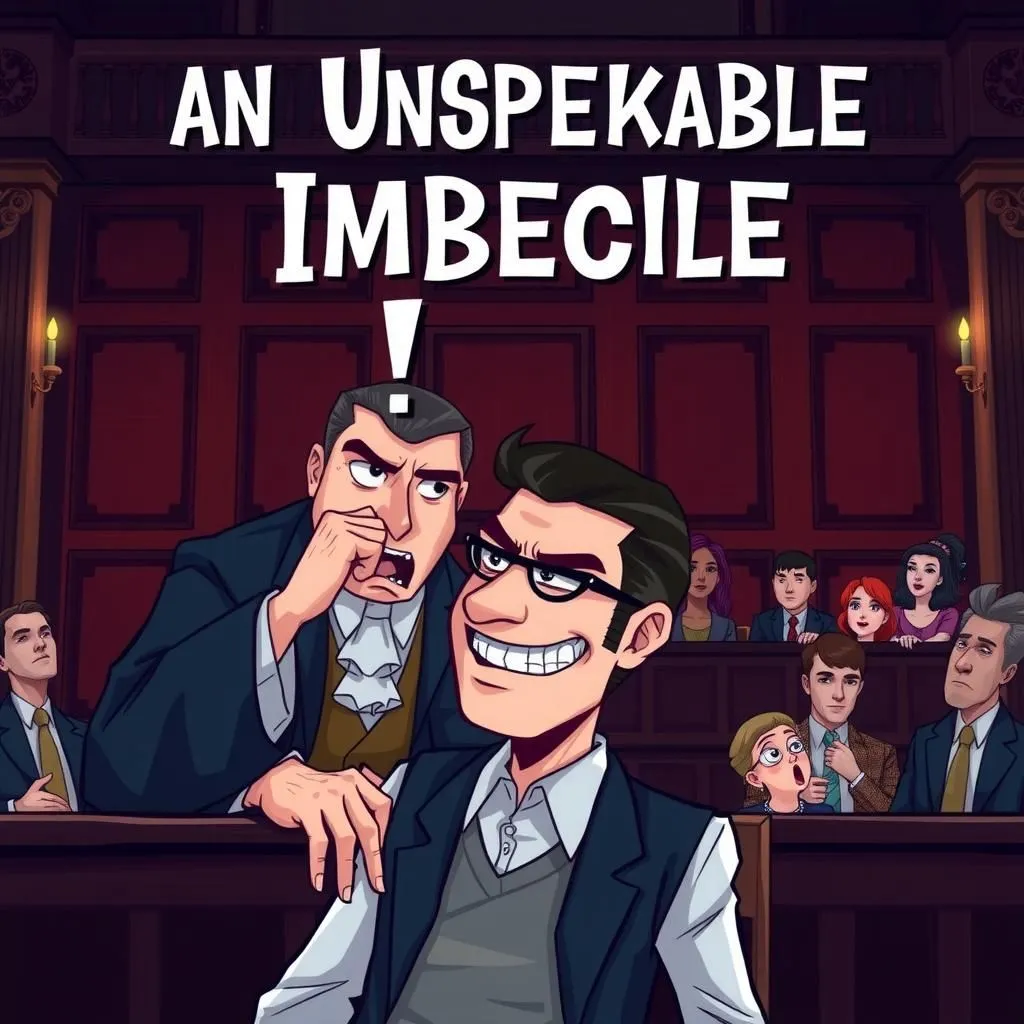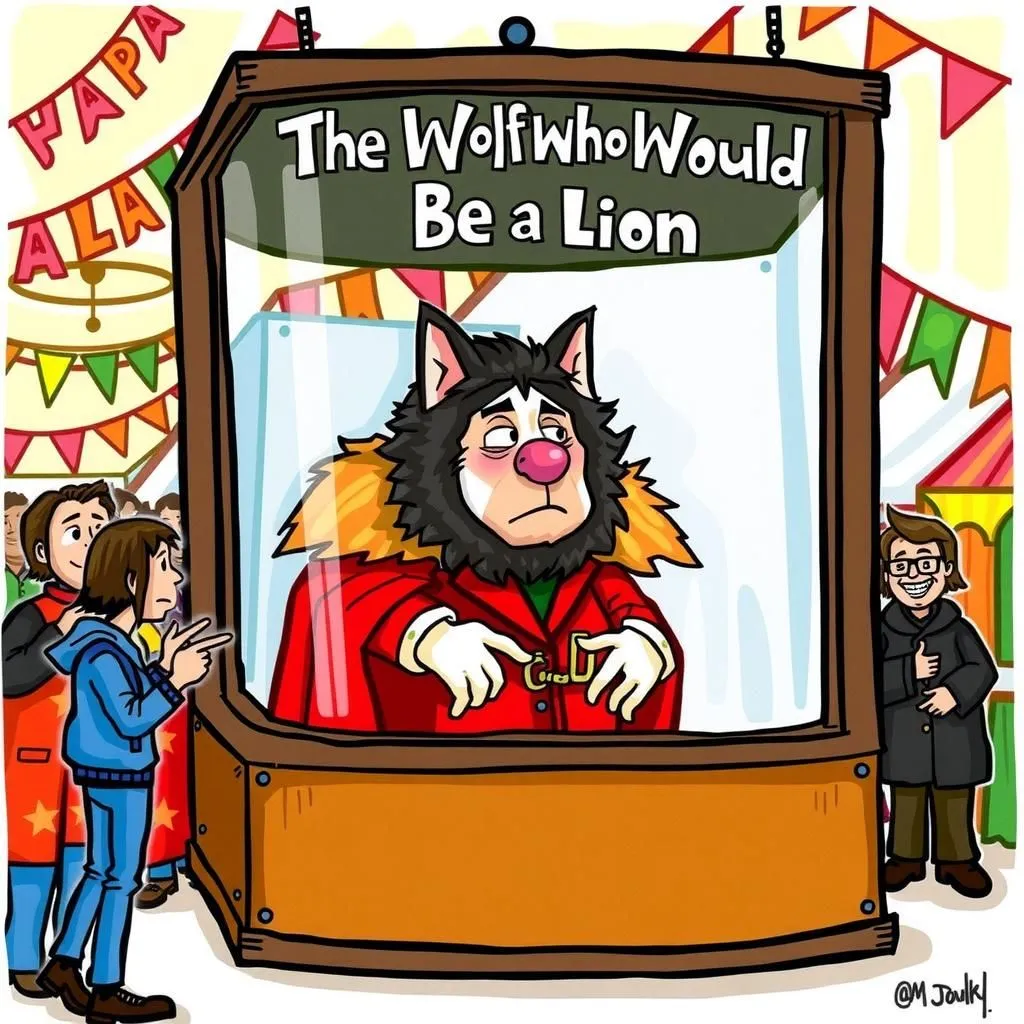
An Unspeakable Imbecile
In "An Unspeakable Imbecile," a judge poses a final question to a convicted assassin before sentencing him to death, seeking any last words. The assassin, dismissing the notion that his words could alter his fate, delivers a sharp insult, labeling the judge an "unspeakable old imbecile." This engaging moral tale highlights the futility of defiance in the face of inevitable consequences while offering simple lessons from stories about the respect for authority and the weight of one's words.


